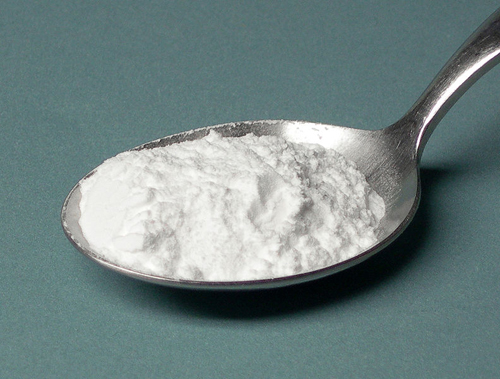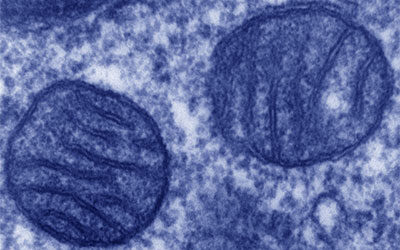
This recipe makes a great substitute for regular baking powder. Commercial baking powder is a mix of three ingredients: baking soda, cream of tartar, and a starch (generally cornstarch). For those of us who need to avoid corn, this is a problem! And the baking soda generally contains aluminum. So what’s wrong with that, you ask?
The increased presence of aluminum and heavy metals in our diet, products, and environment is staggering. Metals accumulate in our bodies, and can lead to conditions of the central nervous system and internal organs. While aluminum is far less toxic than the heavy metals mercury, arsenic, lead or cadmium, it shows up more frequently. It is present in things like aluminum cookware, food additives, fireworks, antacids, anti-perspirants, and our drinking water. Studies have tied aluminum toxicity to dementia and Alzheimer’s disease, and it could have a negative affect on the kidneys, digestive system, and central nervous system. So, if you can, it is wise to avoid using aluminum containing products.
This is best made in smaller amounts and used often; I always keep a small batch on hand for baking! While it works just as well as regular baking powder to make your baked goods rise, it will be single-acting, not double-acting like most commercial baking powders.
What does that mean? Here’s a good explanation from about.com:
Single-acting powders are activated by moisture, so you must bake recipes which include this product immediately after mixing. Double-acting powders react in two phases and can stand for a while before baking. With double-acting powder, some gas is released at room temperature when the powder is added to dough, but the majority of the gas is released after the temperature of the dough increases in the oven.”
So, make sure you add your homemade baking powder right before popping in the oven to get the best lift, and don’t over mix. I find that adding 1/4 tsp of vitamin C crystals dissolved in 1 T of boiling water to any recipe, and adding right at the end, also gives more lift too. If your dough/batter requires resting for a long period of time before baking, try adding the leavening agents AFTER letting the dough rest. Either way, you’ll still get some lift – it just won’t be as much if it sits for a long time.
ingredients
1 part aluminum free baking soda
2 parts cream of tartar
1 parts arrowroot starch
directions
- Mix all ingredients together.
- Store in a dry, air-tight jar.
recipe courtesy affairsofliving.com

Baking powder © Rainer Zenz, licensed under a Creative Commons Attribution-ShareAlike 3.0 Unported License









Is homemade the only way to make this. I haven’t seen corn/aluminum free baking soda for sale ever. This would be a hassle to make for larger scale cooking.
Thanks for the information. I didn’t know that this was an issue and could have easily told someone that food was corn free when it wasn’t.
I have a question about which Vitamin C crystals you use. Many Vit C crystals are also corn-derived. Do you have a specific brand which you have researched the source? This has been on my list of things “to do” but I just haven’t had the energy to pursue it. However, I do run across recipes that call for Vit C crystals and until now, have simply put those recipes aside, as I’m too nervous to take the chance without knowing the source. It would be great to know which brand is safe! Thanks!!! Your recipes are great, always love seeing them here.
To Kara,
You can find aluminum-free baking powder in Whole Foods or most likely your local health food store. Another product to watch out for is powdered sugar (confectioner’s sugar). I only recently learned that it also contains cornstarch- up to 3% AAACK! I can’t believe it doesn’t have to be on the label! You can also get corn-free powdered sugar at Whole Foods. I found it isn’t as silky smooth as traditional powdered sugar, bummer. But it works, you just have to break up clumps. Also, many extracts (i.e. vanilla extract) are suspended in alcohol that is corn-derived. Whether these ingredients would bother someone you are baking for will depend on the level of that person’s sensitivity, but it is something to watch out for.
Best,
G8trGirl